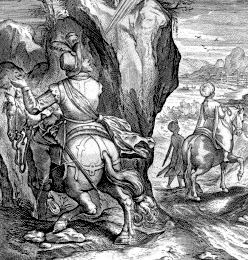Knowing family is not a birthright. It is a lifelong occupation. It is at worst a duty. It is at best a dance.
When our son was going off to a job in Spain soon after graduating from car design school, our family was pretty intensely involved in connecting with him. Kathy and I and his sisters worked to find ways of spending time with him, time for conversation, for committing to memory the curves of his face, for stealing not-really accidental glances of touch. Now more than a dozen years later he thinks about moving back to the U.S., maybe even back to Detroit where he can be closer to old friends, and to us. And again Kathy and I and his sisters are working to find time to encourage him to follow through on it, to let him know how much it means to us.
When Chris was on his way to Europe, he said that we didn’t really know him.












